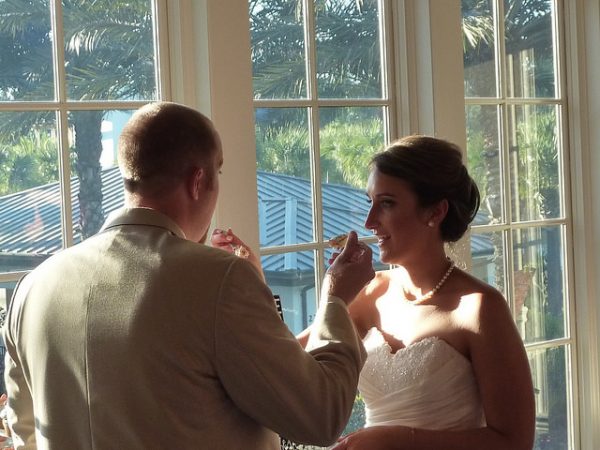
While we often think of marriage as a commitment to one partner forever, second marriage is not uncommon. Even so, the pool of potential partners may be different for those never married than it is for those ready to say “I do” for round two. In new research, Zhenchao Qian and Daniel T. Lichter investigate how martial history and marital status influence someone’s chances of finding a spouse.
The researchers use American Community Survey data from 2008-2014 to compare partner-selection patterns for different-sex first marriages, remarriages, and mixed-order marriages (one person marrying for the first time and the other remarrying). They look at partner race, ethnicity, age, nativity, children from previous relationships, education, and income. Then, they compare those traits with those of a fictional potential partner to predict the probability that the actual partnership will happen compared to the fictional one. Based on whether the actual or fictional match is more likely to happen, the researchers can better understand what traits are most valuable in the marriage market.
Gender and marital history influence who gets to be the most selective when choosing a partner for marriage. Never married people have the best chances of marrying partners with valued traits like high educational attainment and higher income. Comparatively, previously married people — particularly women — find themselves at a disadvantage. They have fewer choices of partners to marry than those looking to tie the knot for the first time. This results in never married people with valued characteristics like high socioeconomic status beating out others with previous marriages in finding new partners, which include both never married and previously married partners. Previously married women fare worse than previously married men do, resulting in more single women in the United States than single men.
This research shows that having no previous marriage is a valuable trait in the marriage market, meaning that it makes a person desirable to others. Not only does this desirability mean more choices for a never married person, it also allows that person to be more selective in actually choosing a suitable partner. In other words, these people get to have their wedding cake, and eat it, too.

Comments